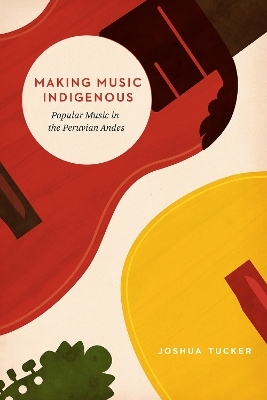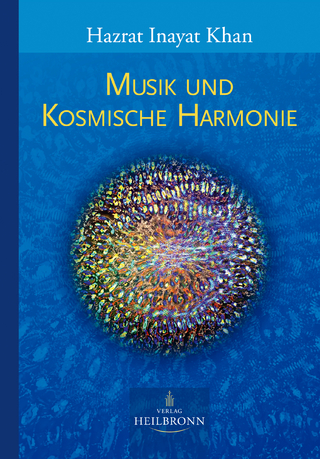
Making Music Indigenous
Popular Music in the Peruvian Andes
Seiten
2019
University of Chicago Press (Verlag)
978-0-226-60733-7 (ISBN)
University of Chicago Press (Verlag)
978-0-226-60733-7 (ISBN)
Describes the development of chimaycha, a Quechua-language music genre, over the last fifty years, in order to show how changes in performance track and drive evolving conceptions of Andean indigeneity over the same period.
When thinking of indigenous music, many people may imagine acoustic instruments and pastoral settings far removed from the whirl of modern life. But, in contemporary Peru, indigenous chimaycha music has become a wildly popular genre that is even heard in the nightclubs of Lima. In Making Music Indigenous, Joshua Tucker traces the history of this music and its key performers over fifty years to show that there is no single way to “sound indigenous.” The musicians Tucker follows make indigenous culture and identity visible in contemporary society by establishing a cultural and political presence for Peru’s indigenous peoples through activism, artisanship, and performance. This musical representation of indigeneity not only helps shape contemporary culture, it also provides a lens through which to reflect on the country’s past. Tucker argues that by following the musicians that have championed chimaycha music in its many forms, we can trace shifting meanings of indigeneity—and indeed, uncover the ways it is constructed, transformed, and ultimately recreated through music.
When thinking of indigenous music, many people may imagine acoustic instruments and pastoral settings far removed from the whirl of modern life. But, in contemporary Peru, indigenous chimaycha music has become a wildly popular genre that is even heard in the nightclubs of Lima. In Making Music Indigenous, Joshua Tucker traces the history of this music and its key performers over fifty years to show that there is no single way to “sound indigenous.” The musicians Tucker follows make indigenous culture and identity visible in contemporary society by establishing a cultural and political presence for Peru’s indigenous peoples through activism, artisanship, and performance. This musical representation of indigeneity not only helps shape contemporary culture, it also provides a lens through which to reflect on the country’s past. Tucker argues that by following the musicians that have championed chimaycha music in its many forms, we can trace shifting meanings of indigeneity—and indeed, uncover the ways it is constructed, transformed, and ultimately recreated through music.
Joshua Tucker is assistant professor of music at Brown University.
| Erscheinungsdatum | 24.03.2019 |
|---|---|
| Reihe/Serie | Chicago Studies in Ethnomusicology |
| Zusatzinfo | 18 halftones |
| Sprache | englisch |
| Maße | 152 x 229 mm |
| Themenwelt | Kunst / Musik / Theater ► Musik ► Musiktheorie / Musiklehre |
| Sachbuch/Ratgeber ► Geschichte / Politik ► Allgemeines / Lexika | |
| Sozialwissenschaften ► Ethnologie | |
| Sozialwissenschaften ► Soziologie | |
| ISBN-10 | 0-226-60733-X / 022660733X |
| ISBN-13 | 978-0-226-60733-7 / 9780226607337 |
| Zustand | Neuware |
| Informationen gemäß Produktsicherheitsverordnung (GPSR) | |
| Haben Sie eine Frage zum Produkt? |
Mehr entdecken
aus dem Bereich
aus dem Bereich
Grundbegriffe, Harmonik, Formen, Instrumente
Buch | Softcover (2021)
Philipp Reclam (Verlag)
CHF 12,90


